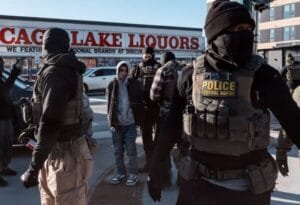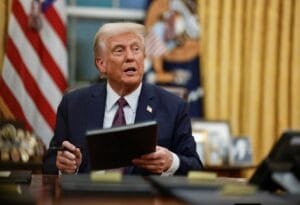World leaders urge restraint as tensions rise over Israel’s actions in Lebanon
World leaders have alarmed by the potential for a full-scale invasion of Lebanon. The Israeli Defense Forces (IDF) confirmed the initiation of “limited raids” amid heightened clashes with Hezbollah, following the recent death of the militant group’s leader, Hassan Nasrallah.

World leaders have alarmed by the potential for a full-scale invasion of Lebanon. The Israeli Defense Forces (IDF) confirmed the initiation of “limited raids” amid heightened clashes with Hezbollah, following the recent death of the militant group’s leader, Hassan Nasrallah.
The United Nations has issued a stark warning against escalating military actions, urging Israel to reconsider its approach. “The consequences for civilians have already been terrible,” said Liz Throssell, spokeswoman for the UN rights office, during a briefing in Geneva. She added, “We fear a large-scale ground invasion by Israel into Lebanon would only result in greater suffering.”

In response to Israel’s military actions, the UN peacekeeping force in southern Lebanon noted there was “no ground incursion right now,” while emphasizing the importance of respecting Lebanese sovereignty and territorial integrity.
U.S. President Joe Biden also voiced his concerns on Monday, stating his opposition to Israeli ground troops in Lebanon and calling for an immediate ceasefire. However, Defense Secretary Lloyd Austin later reiterated U.S. support for Israel’s efforts to dismantle what he termed “attack infrastructure along the border.”
Iran, a key ally of Hezbollah, condemned Israel’s actions, pledging to support its ally while asserting it would not deploy additional forces to Lebanon. “There is no need to send extra or volunteer forces of the Islamic Republic of Iran,” said foreign ministry spokesman Nasser Kanani, underscoring Iran’s intent to avoid direct military engagement despite tensions.
Russia, maintaining close ties with Iran, urged Israel to cease hostilities and withdraw its forces from Lebanese territory. The Russian foreign ministry expressed solidarity with Lebanon, condemning the violence as “armed aggression.”
China also expressed concern about the escalating situation, with its foreign ministry opposing any actions that undermine Lebanon’s sovereignty and warning against further conflict escalation. “We are highly concerned about the escalation,” the statement read.
Turkey, a frequent critic of Israel’s military strategies, labeled the ground offensive as an “unlawful invasion attempt.” Turkish President Recep Tayyip Erdogan demanded an immediate end to hostilities and called on international organizations, particularly the UN, to intervene without delay, warning that Israel might even target Turkey in the conflict.
Despite the heightened tensions, Hezbollah has denied claims that Israeli troops have crossed into Lebanon. A Hezbollah spokesman asserted, “All the Zionist claims that occupation forces have entered Lebanon are false claims,” stating that there have not been any direct ground clashes between their fighters and Israeli forces.
Similarly, a source within the Lebanese army indicated that they had not observed any incursions by Israeli forces, adding a layer of complexity to the situation as regional leaders grapple with the potential consequences of an expanded conflict.
As the situation unfolds, the international community watches closely, urging restraint and dialogue in the hopes of preventing further escalation in a region already fraught with tension.














